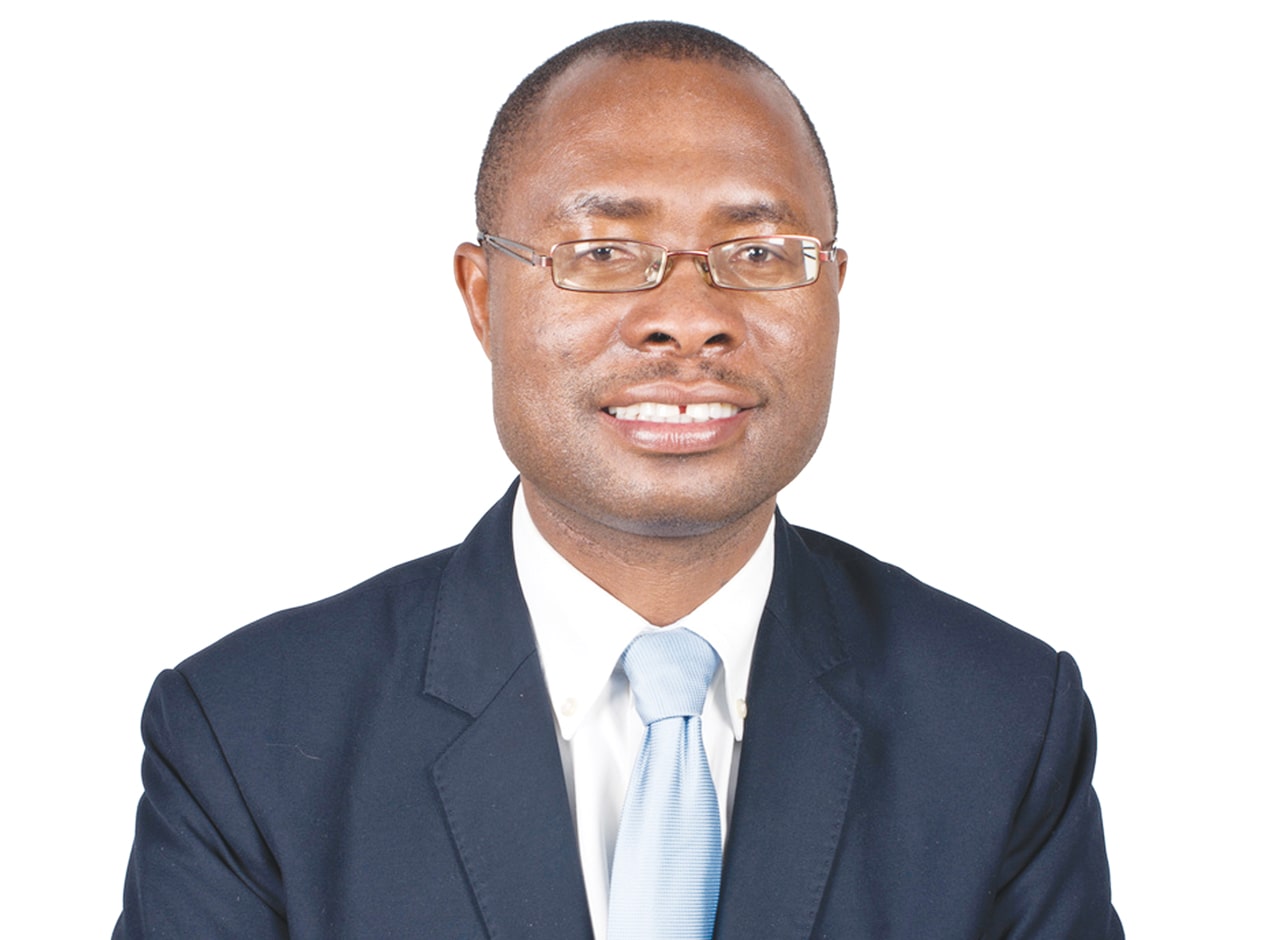Staff Writer
Finance Minister Iipumbu Shiimi says government has not considered appealing for debt relief from China, in light of the increased financial burden that the emergence of COVID-19 has had on government coffers.
This comes as government has continued to dig deep to fund various grants to assist those that have been hardest-hit by the effect of COVID 19 such as businesses and workers in tourism, construction and other service sectors.
“It is not something that we have looked at and we don’t have a government position on that,” the finance minister said.
Of the N$93 billion that government owes to various international creditors, the Namibian government is already in hock to Beijing around N$2 billion in 2018 according to then government figures.
To date, government has announced that it was making available a N$8.1 billion stimulus package aimed at spurring the economy. Of that figure N$5.9 billion is intended to provide direct support to businesses, households and cash flow acceleration payments for services rendered to the government. The amount of N$2.3 billion in additional support, guaranteed by government but off the balance sheet of liabilities is earmarked to support loan uptake on preferential terms by businesses and individuals.
On Monday, the finance ministry in partnership with the Social Security Commission (SSC), unveiled a N$623 million relief package aimed at employers and employees who are members of SSC. The ministry stated that it will contribute N$400 million of the amount pledged to this effort.
When quizzed on the continued source of funds, Shiimi said, “The funds are coming from tax collections that are paid.”
Contacted for comment on whether China was considering any debt relief package for Namibia or easing of its loans, officials from Chinese Embassy in Windhoek said their response on their government’s position will only be available on Wednesday.
Economist, Klaus Schade said although China was not major creditor to Namibia, any debt and interest payment moratorium would ease the burden on the fiscus.
“China is not a major creditor for Namibia. The bulk of the foreign loans relate to the Eurobonds of US$500 million and US$750 million. However, any debt and interest payment moratorium would ease the burden on the fiscus during this time,” he said.
Schade said Namibia could, however, receive some relief from the Group of 20 countries’ decision to put in place a repayment moratorium for the poorest countries amid efforts to extend this freeze to middle-income countries.
“Namibia will certainly benefit from such a move, since Government budgeted N$2.4 billion in interest payment for foreign loans for this financial year. Due to the strong depreciation of the Namibian Dollar, this amount could easily top N$3 billion. This money could be used to assist vulnerable people as well as businesses most affected by the lockdown. Government also needs to consider a stimulus package after the lockdown is lifted in order to support the economy in gaining momentum again. These international discussions are focused on a moratorium rather than a debt relief or debt cancellation,” he said.
The lack of government position on the matter comes as other African states have begun pilling up pressure on China to either cancel some of the debts owed or convert them into long term, low-interest loans.
According to Reuters, a two-decade lending spree has propelled China to the top of Africa’s creditor list and any comprehensive debt deal, including write-offs, would require Beijing to take a leading role and swallow losses.
According to data from Johns Hopkins University in the USA, China’s government, banks and companies lent some US$143 billion to African countries between 2000-2017, much of it for large-scale infrastructure projects completed by Chinese companies.
Namibia, according to media reports, has recorded an increase in the long-term external loans originating from China, with the amount growing to 69.9 percent of the total debt as of March 2018 from 69.1 percent of country’s external long-term loans in March 2017.
Meanwhile, Shiimi when asked on his view on neighboring South Africa’s N$500 billion COVID 19 recovery stimulus package which was announced last week and funded from a combination of internal sources, such as the country’s Unemployment Insurance Fund (UIF), and as well as from global partners and international finance institutions, said the move was a positive development for the country and region.
“The package will go a long way in saving jobs and their economy, making South Africa, Namibia and the region stable. That is helpful for the economies in the region to recover faster and focus on the long-term sustainability of those economies,” he said.




